Infertility
- /
- Infertility
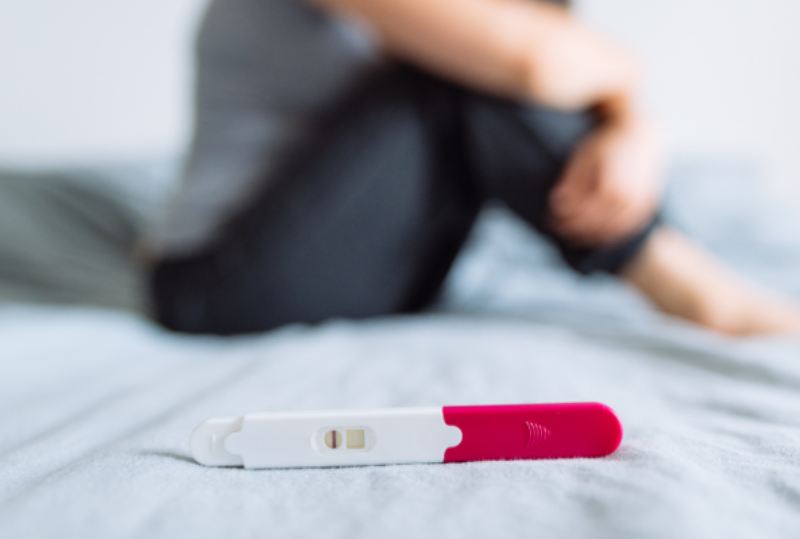
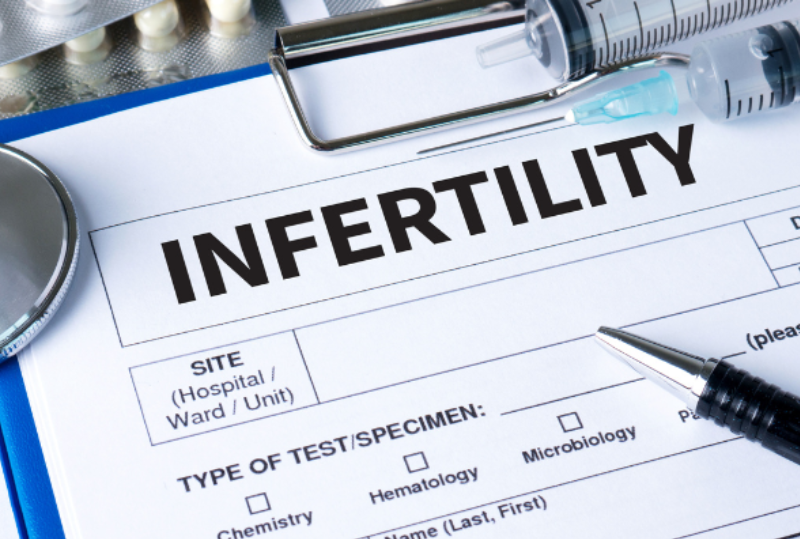
Infertility
Infertility is defined as the inability to conceive a pregnancy after 1 year of regular, unprotected sexual intercourse (without using contraceptive measures).
It must be considered that:
65% of couples conceive within 6 months
80% of couples conceive within 1 year
85% of couples conceive within 2 years
Infertility is divided into two major categories:
Primary infertility: when no previous pregnancy has occurred.
Secondary infertility: when there has been a documented previous pregnancy, whether it resulted in a live birth, miscarriage, or an ectopic pregnancy.
Other terms encountered in relation to infertility include:
Fecundability: the percentage chance a woman has of conceiving in a single menstrual cycle (18–20%).
Hypofertility: refers to a reduced fecundability due to a minor anomaly in the woman, the man, or the couple as a whole.
The causes of infertility are:
Female factor
Anovulation
Pelvic factors (including tubal pathology, uterine abnormalities, or endometriosis)
Age
STIs (Sexually Transmitted Infections)
Chemotherapy
Genetic factors
Male factor
Pre-testicular factors: (hypogonadotropic hypogonadism, obesity, smoking and alcohol, genetic factors such as translocations, medications).
Testicular factors: (anatomical abnormalities, idiopathic causes, infections, radiation, genetic factors such as Klinefelter syndrome).
Post-testicular factors: (retrograde ejaculation, impotence, hypospadias and epispadias, damage to the vas deferens).
Examinations for men:
Examinations for men:
Semen analysis (Spermogram)
Hormonal testing
Genetic testing
Testicular biopsy
Treatment for men:
Treatment of infections
Treatment of sexual dysfunction issues
Hormonal and medical treatment
Assisted reproductive technology (ART)
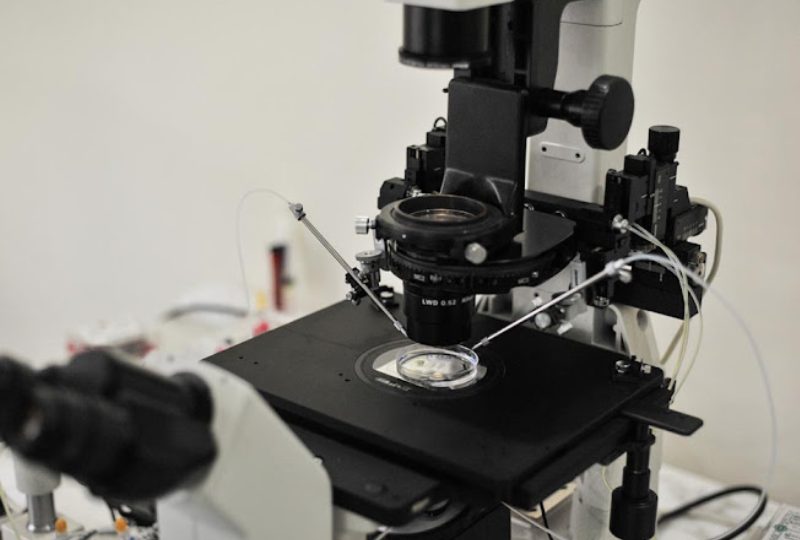
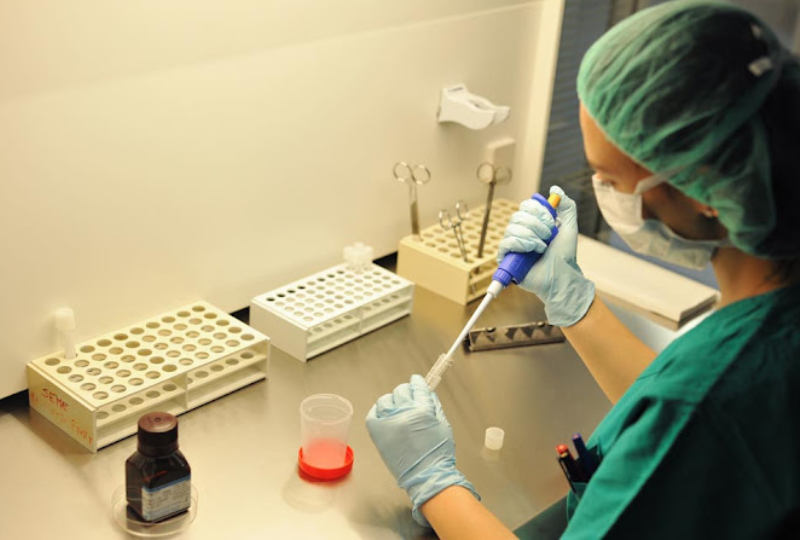
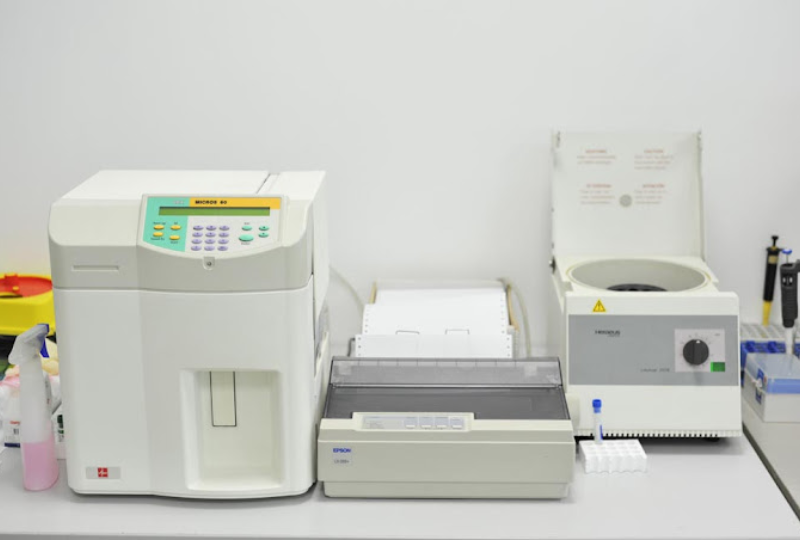
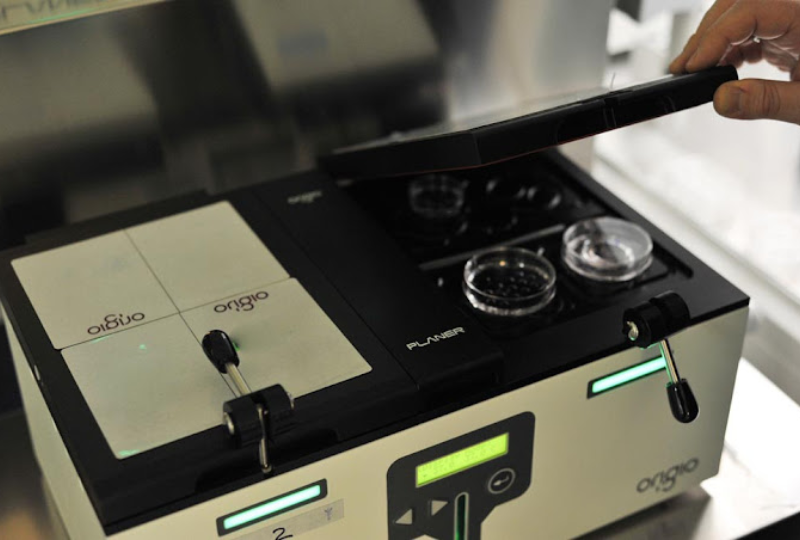
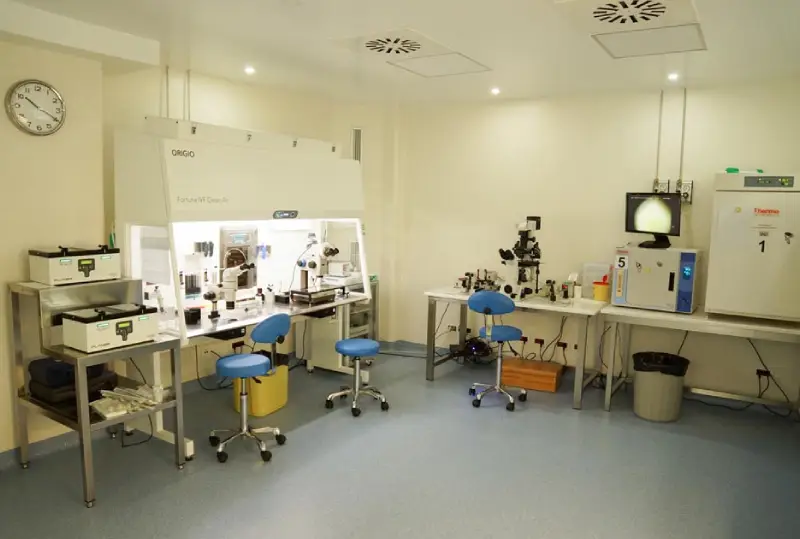
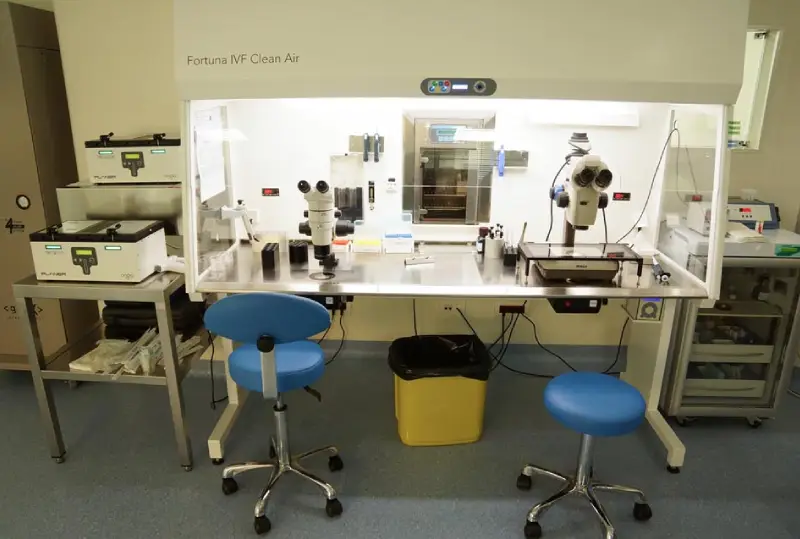

Examinations for women:
- Ovulation test (female hormonal levels)
Hysterosalpingography (radiological imaging of the female reproductive tract)
Ovarian reserve testing
Hormonal testing
Imaging examinations
Treatment for women:
Ovulation stimulation through medication therapy
IUI (Intrauterine insemination)
Surgical treatment of mechanical problems (uterine polyps, congenital uterine anomalies, etc.)
Assisted reproductive technology (ART) – IVF (In Vitro Fertilization)
ICSI (Intracytoplasmic Sperm Injection)
Assisted hatching
Egg or sperm donation
When should you consult our clinic:
You have been trying to conceive for 6 months or longer.
You are over 40 years old.
You have irregular menstrual cycles or no periods at all.
You have known infertility problems.
You have been diagnosed with endometriosis or pelvic inflammatory disease (PID).
You have had more than one miscarriage.
You have undergone chemotherapy, hormonal therapy, or radiotherapy.
You have sperm-related problems.
You have anatomical testicular problems.
You have had a previous vasectomy.
You have had inguinal or scrotal surgery.
You have small testicles, decreased libido, or sexual dysfunction.
You want to get information about your fertility.
